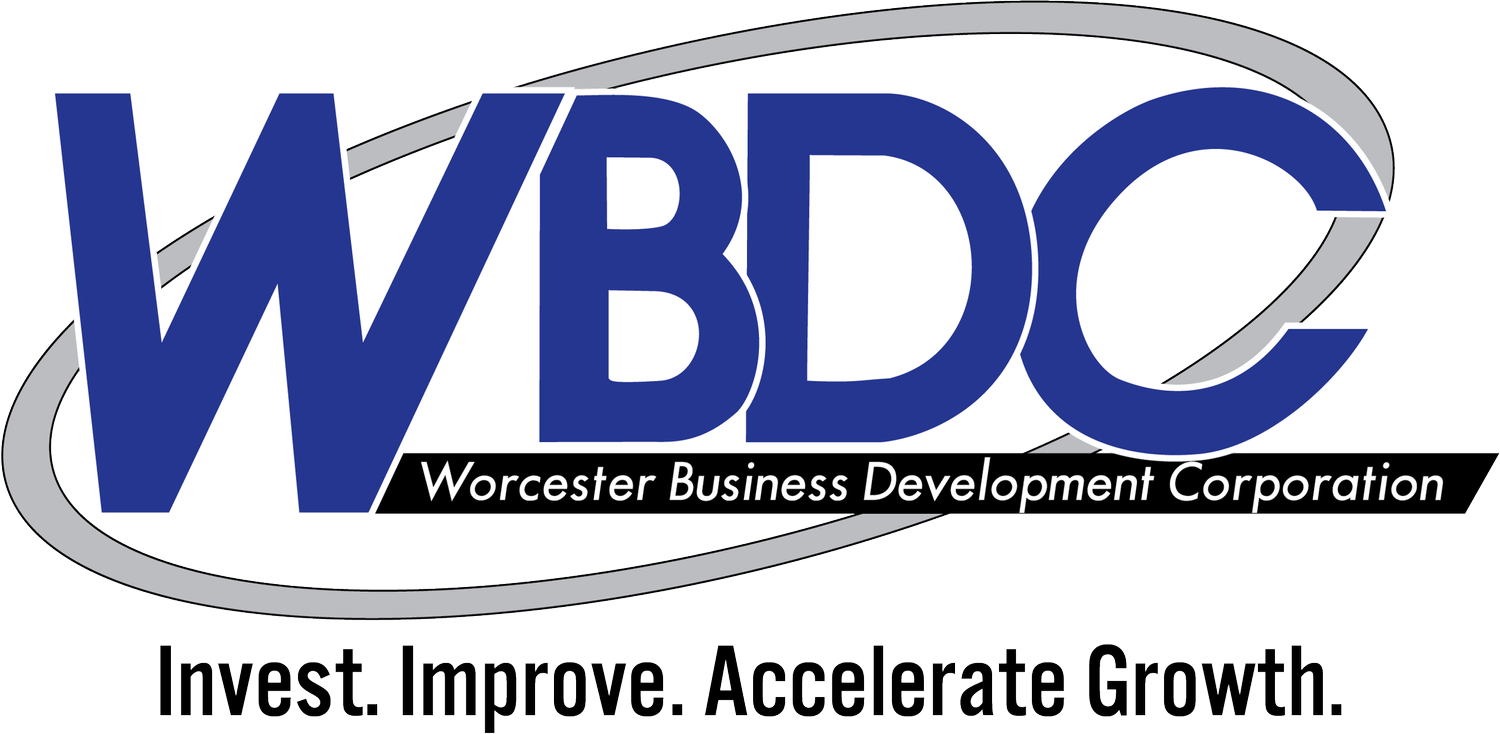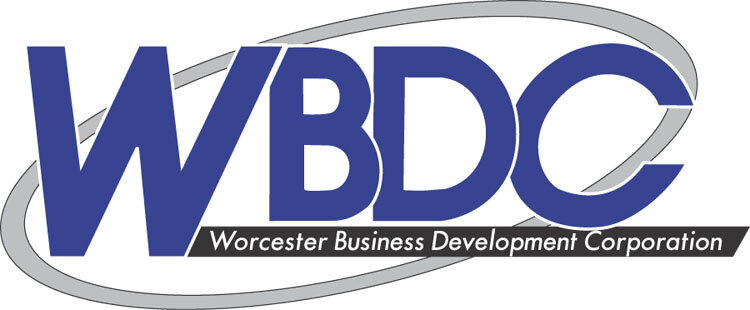WBDC spells success
Robert Z. Nemeth, Worcester Telegram & Gazette
Worcester has had its ups and downs over the years, but the most enduring success story in the last four decades has been the Worcester Business Development Corporation. Founded in 1965 by a group of enlightened business and community leaders, with the enthusiastic support of municipal government, the nonprofit organization has steadfastly pursued its mission to revitalize the city and the region.
There are many reasons for WBDC’s success — vision, competence, an ability to adapt to economic challenges — but perhaps the most important is private-public collaboration. Just as Francis J. McGrath, city manager in the 1960s, was among the organization’s earliest backers, current manager Michael V. O’Brien is one of its strongest supporters. Political leaders of both parties, from former Gov. John Volpe to U.S. Rep. James P. McGovern, have been on board, keeping the flow of federal and state money coming.
The accomplishments range from the development of a half-dozen industrial parks in Worcester, Holden, Grafton and Shrewsbury to creating the Massachusetts Biotechnology Research Park and the Hanover Theatre for the Performing Arts, with countless single-site developments and creative financing arrangements in between. It is fair to say that whenever and wherever the city moved ahead, WBDC led the parade.
Also brokered by WBDC is the partnership with WPI, using brownfields cleanup funds and other public support, that yielded the new Life Sciences and Bioengineering Center at Gateway Park. WBDC honored WPI president Dennis D. Berkey as recipient of its Bowditch Award yesterday in recognition of his role in the highly complex project.
Worcester has been a pioneer in forging such partnerships. The Massachusetts Biotechnology Park and Gardner-Kilby-Hammond Main South renewal both used creative public-private partnerships to stellar effect.
The potential has not been lost on state officials. Getting state and municipal governments and the business community working together is an important element of the Patrick administration development policy, Daniel O’Connell, secretary of Housing and Economic Development, told the WBDC meeting. Indeed, Gateway Park, which epitomizes that philosophy, is the first of the “growth districts” to be designated by the administration statewide.
As City Manager Michael V. O’Brien indicated yesterday, the city’s new downtown strategy will focus on improving key properties to strengthen links with other neighborhoods.
That targeted approach is worth pursuing vigorously. From Washington Square to Wheaton Square, there are opportunities in abundance for the kind of creative partnerships WBDC and the city both have nurtured.

